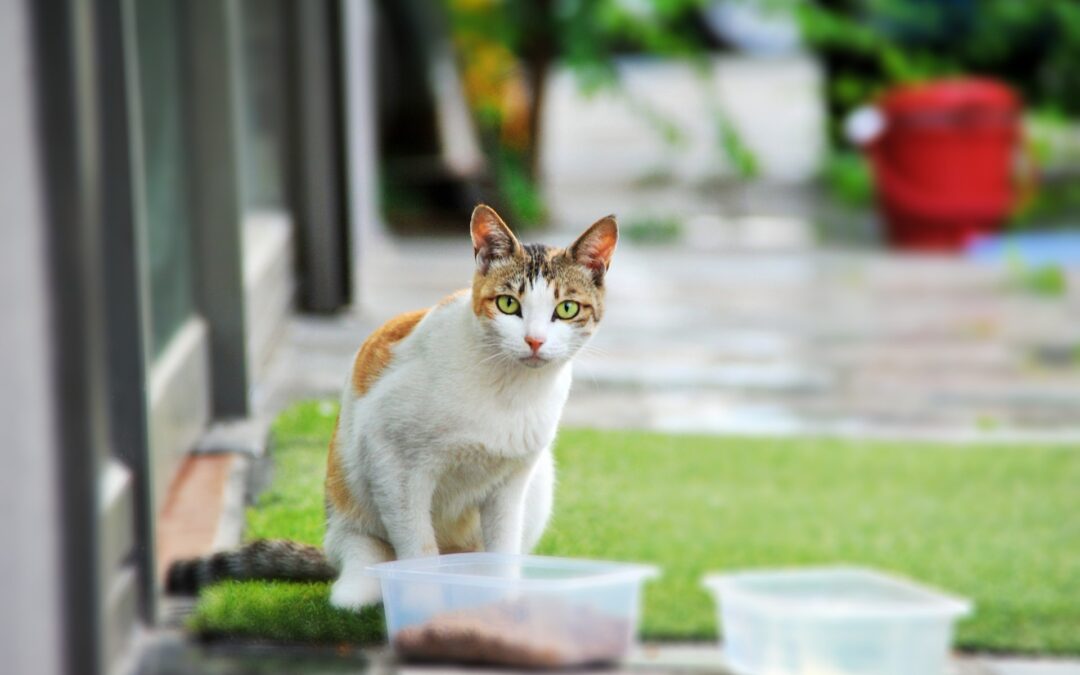Scientists in Poland have called a proposal submitted by the political opposition for a new legal definition of free-roaming cats “harmful” and “absurd”. The proposal would recognise such cats as “an integral part of the urban ecosystem”.
The amendment to the country’s animal welfare laws put forward by Civic Coalition (KO) aims to clarify the obligations of municipal authorities by recognising free-roaming cats as “an integral part of the urban ecosystem” and preventing interference in their lifestyle.
Thousands of such cats roam freely in Poland’s cities. Many, including Warsaw, consider them as elements of the urban ecosystem that help to control the population of mice and rats, and spend large sums of money feeding and sheltering them.
The proposed change to the definition is part of new draft legislation being prepared after a controversial wholesale reform of animal rights proposed by the government last year was abandoned following mass protests by farmers and a split within the ruling coalition.
The legislators propose redefining free-roaming cats as “cats living in the human environment, being a permanent element of the ecosystem” but “living independently of humans”. The proposal argues for preserving their lifestyles because they are “an integral part of the urban ecosystem”.
“Our intention is, above all, that municipalities become responsible for the sterilisation of these cats,” said Katarzyna Piekarska, the KO MP proposing the bill.
However, some scientists argue that such a definition could be harmful, saying that even when free-roaming, cats are still a domesticated species and therefore cannot be considered as part of an ecosystem.
Piotr Piliczewski, a biologist, told Gazeta Wyborcza that the provision was “absurd” as “house cats cannot be an integral part of the urban ecosystem, because in nature they are an alien species introduced by humans…Cats live on the streets not because of adaptation, but because people force this unnatural situation”.
Moreover, the proposed definition suggests that homeless cats can fend for themselves. Scientists, however, note that street cats have a much higher mortality rate than those living in homes, even when vaccinated.
Free-roaming cats can also have a harmful impact on the rest of the ecosystem. A study by researchers at the Warsaw University of Life Sciences, the Forest Research Institute in Raszyn and the Mammal Research Institute of the Polish Academy of Sciences found that cats kill around 631 million mammals and almost 144 million birds every year.
The scientists also found that – contrary to popular belief – street cats did not eat rats. Instead, they mostly prey on wild birds, which in most cases are protected species with declining population counts.
This, according to Mieszko Eichelberger, a zoopsychologist, suggests that wild roaming cats should be taken in and not preserved. “Cats living in the streets should be taken to shelters, cured, assessed by specialists…and then transferred to their carers,” he told Gazeta Wyborcza.
Last year, Warsaw spent almost 1.6 million zloty (€355,000) on providing over 235 tonnes of food to feed the near 30,000 free-roaming cats that live on its streets. In Kraków – which has around 2,500 – civil society organisations and individual volunteers provide food for these animals. Similar initiatives have also been organised in Gdańsk and Szczecin.
Main image credit: peter jung/Pixabay

Maria Wilczek is deputy editor of Notes from Poland. She is a regular writer for The Times, The Economist and Al Jazeera English, and has also featured in Foreign Policy, Politico Europe, The Spectator and Gazeta Wyborcza.




















